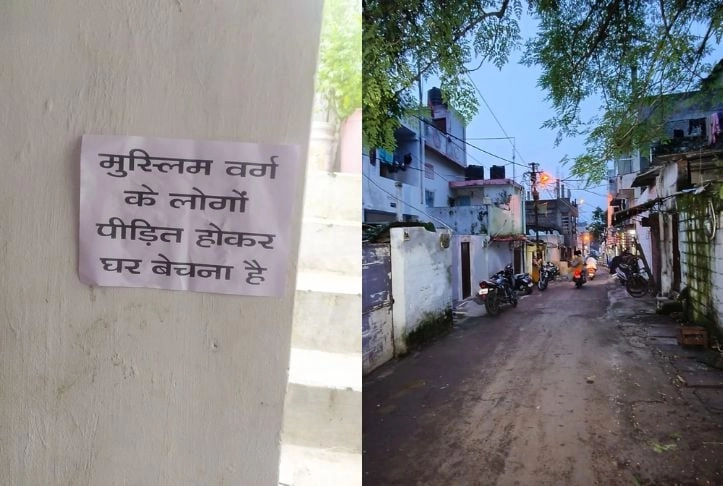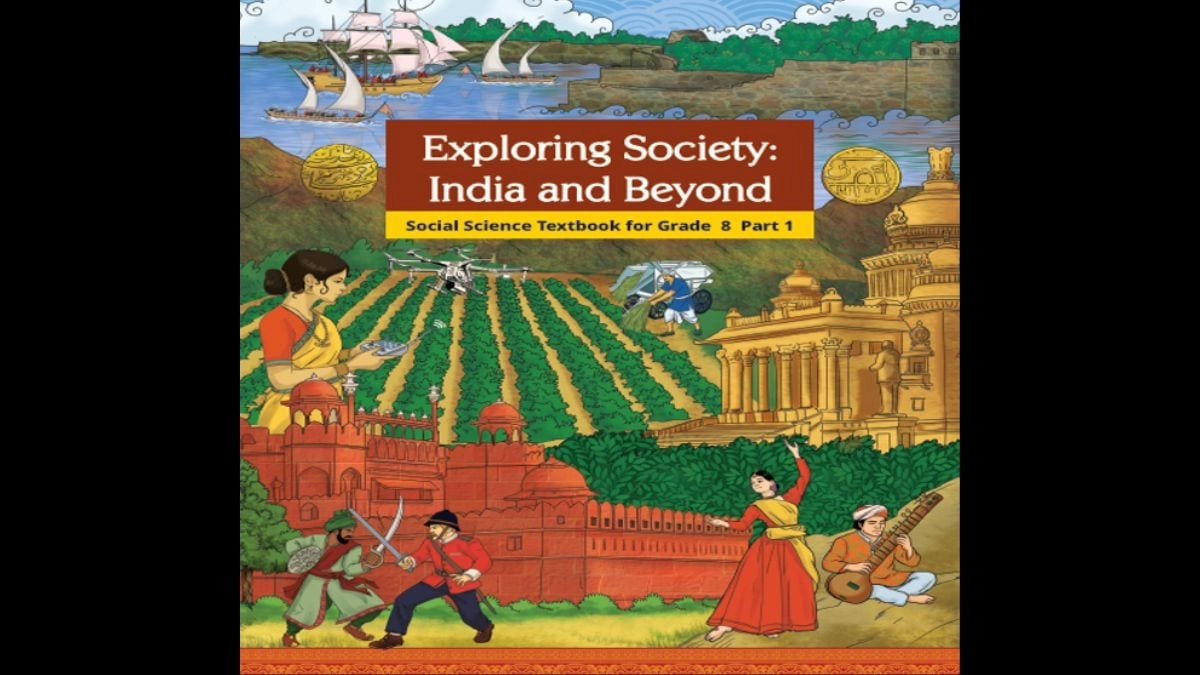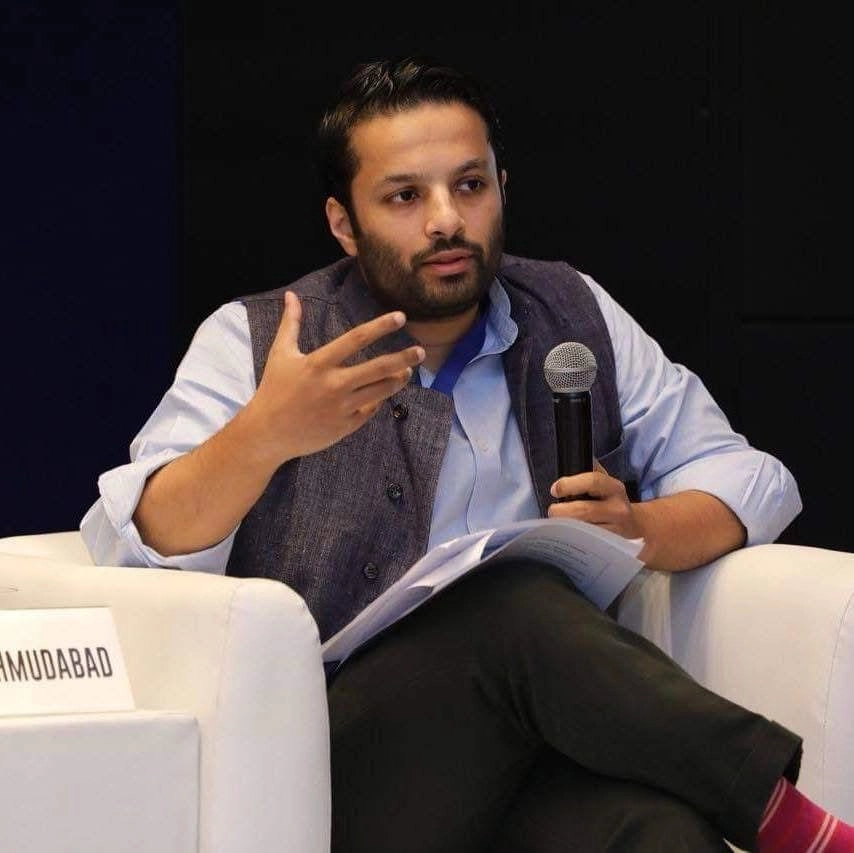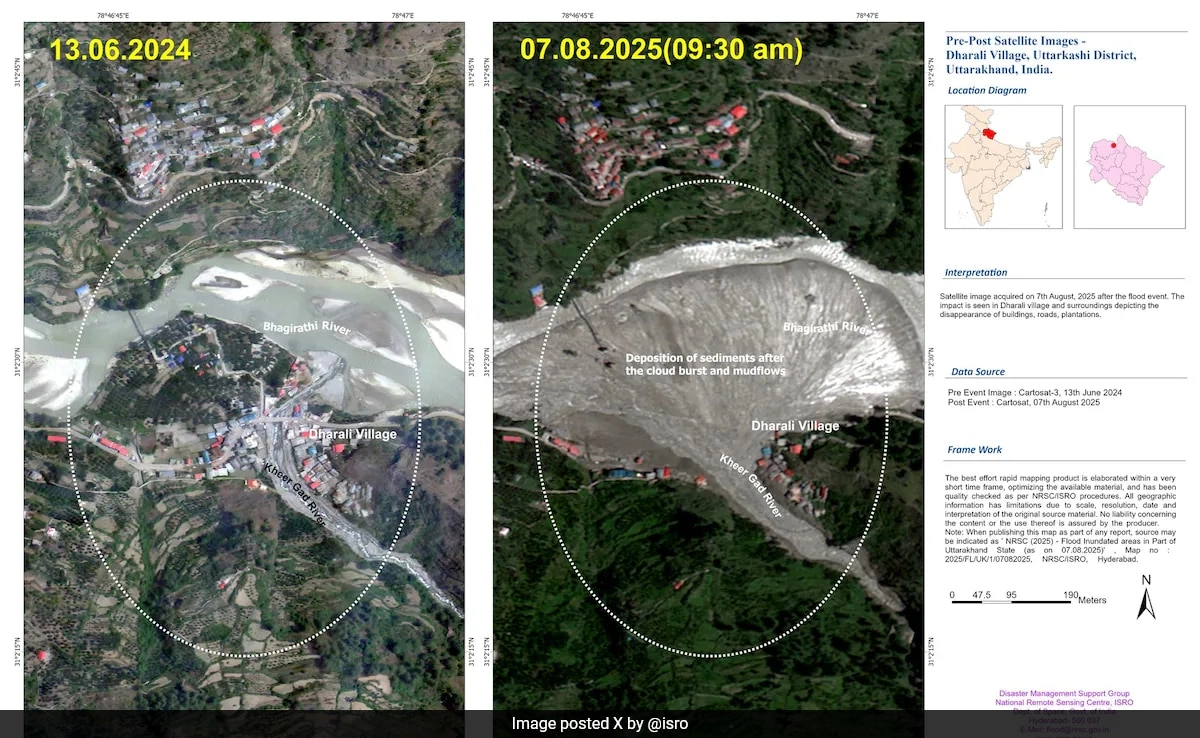The narrative surrounding the so-called “Hindu Exodus” from Bhopal has gained considerable attention, especially in the context of rising communal tensions in India. This claim suggests that a significant number of Hindus have left Bhopal due to fear of persecution, particularly in the wake of various political and social upheavals. However, a closer examination of the situation reveals a more nuanced reality than the stark portrayal of a mass exodus. Many factors contribute to migration patterns, including economic opportunities, educational pursuits, and personal circumstances, which are often overlooked when sensational headlines dominate the discourse.
The assertion of a Hindu Exodus can be traced back to specific incidents that have heightened communal sentiments. However, it is crucial to differentiate between genuine instances of fear and the broader socio-political context that influences migration. In Bhopal, as in many urban centers, demographic changes are influenced by a myriad of elements, including economic migration and the pursuit of better living conditions. The portrayal of these movements as a religious exodus can inadvertently perpetuate division and misunderstanding among communities. It is essential to engage in dialogue that fosters mutual understanding rather than fueling fear and animosity.
Moreover, the media’s role in shaping public perception cannot be understated. Sensational reporting often amplifies fears and misconceptions, leading to a skewed understanding of the realities on the ground. The focus should be on community resilience and the efforts of various groups working toward harmony and coexistence. Initiatives aimed at promoting interfaith dialogue and cooperation can significantly mitigate the narrative of fear. Instead of viewing migration through a lens of religious identity, it is vital to recognize the shared aspirations of all communities in Bhopal, which transcend religious boundaries.
In light of these complexities, it becomes imperative to address the underlying issues contributing to the narrative of fear and exodus. A comprehensive approach that includes social, economic, and political considerations is necessary for a more accurate portrayal of the situation. By fostering an environment of trust and cooperation among diverse communities, Bhopal can emerge as a model of coexistence. This transformation requires collective effort, focusing on empathy and understanding rather than division, ultimately turning fear into faith in a shared future.




